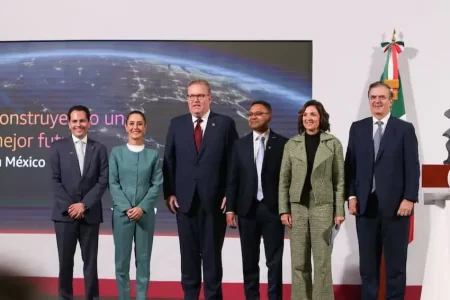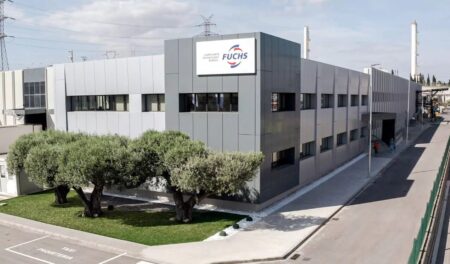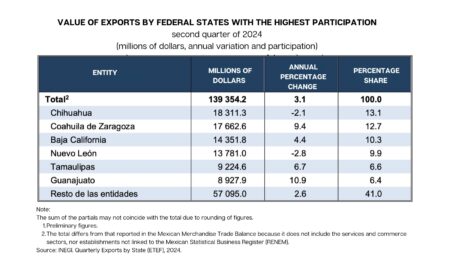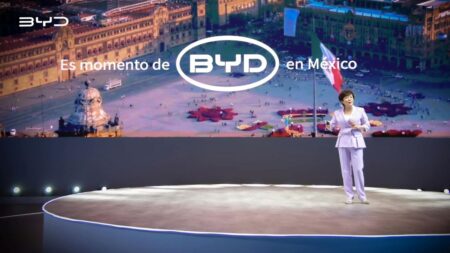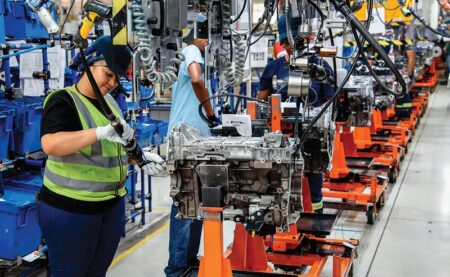INA projects that Mexico will produce 127,500 MDD in auto parts by 2025, a growth of 2.42% over 2024. In 2024, FDI would reach 2,550 MDD, with electrical harnesses as the main component.
Mexico City, January 9, 2025. – At a press conference, the General Director of the National Auto Parts Industry (INA), Gabriel Padilla Maya, presented the sector’s growth projections for 2025, highlighting that the industry will continue its positive trajectory supported by its production capacity, a robust export environment and a favorable trade balance, due to factors such as the implementation of the Mexico-US-Canada Agreement (T-MEC), nearshoring, growing foreign direct investment and expansions of plants already installed in our country due to the growth in demand within the North American region.
In addition, Padilla Maya mentioned that it is estimated that by the end of 2024, total auto parts production in Mexico will reach $124,484 million dollars, which would represent an annual growth of 3.52% compared to the end of 2023. Similarly, based on current dynamics and demand expectations in the North American region, INA projected that auto parts production in Mexico by the end of 2025 will reach US$127.5 billion, which would represent a growth of 2.42% with respect to 2024.
However, he also highlighted the challenges posed by the trade scenario in 2025, with declarations on tariff policies that could increase export costs to the United States. Despite these challenges, the sector continues to consolidate itself as a leader in the global supply chain, demonstrating a diversification and expansion of the industry in regions of Yucatan, Zacatecas and Guanajuato.
Regarding the trade balance, the association highlighted that Mexican auto parts exports reached $90.9 billion dollars in the January-October 2024 period, with the United States being the main destination with 88% of total exports. At the same time, he explained that the sector’s imports also follow a growing trend, with the United States representing 52.3% of total auto parts imports, reflecting a positive trade balance of $32.472 billion dollars.
The Director General of INA highlighted the key factors driving the growth of the sector in Mexico: the T-MEC and its Regional Content Value requirement, which promotes the integration of the production chain in North America; 87% of the auto parts produced in Mexico are destined for export, with the United States as the main trading partner; the nearshoring phenomenon, which has attracted new investments and generated greater demand for auto parts; and the expansion of plants in Mexico due to the growth of demand in the North American region. These elements consolidate Mexico as the main auto parts supplier for the North American region in the coming years.
In terms of investment, Padilla Maya indicated that FDI in the sector reached $2.302 billion dollars during the accumulated January-September 2024, reflecting a growth of 18.07% compared to the same period of the previous year and, by the end of 2024, he estimates that FDI will reach $2.550 billion dollars, which would imply a growth of 25.46% with respect to 2023. He also highlighted that the investment outlook for 2025 is equally positive, with a growth forecast of 5.88%, reaching $2.7 billion dollars.
Finally, Gabriel Padilla said that, among the main auto parts components manufactured in Mexico, electrical harnesses continue to have the largest share, representing 19.50% of total production. They are followed by transmissions and clutches (10%), fabrics, carpets and seats (9.04%), engine parts (7.86%) and suspensions and steering (6.68%). Together, these products make up more than 50% of domestic manufacturing.
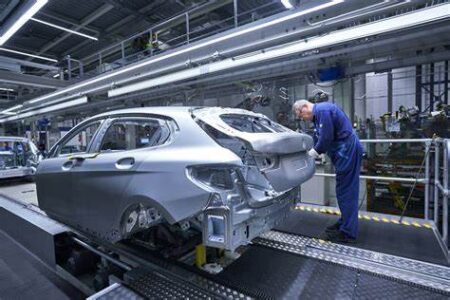
Source: Cluster Industrial



